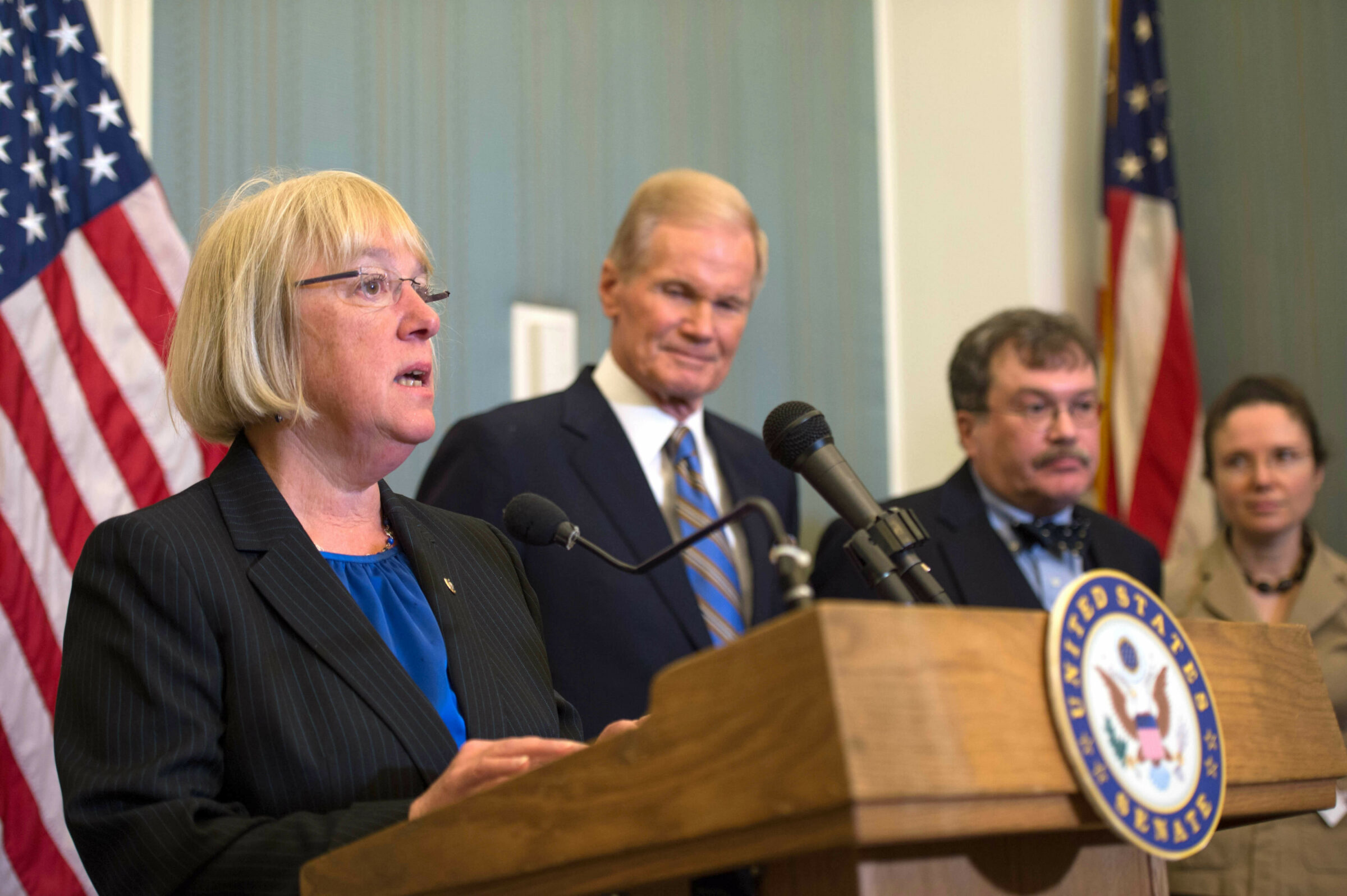Casey Dreier • Nov 29, 2022
What the 2022 midterm elections mean for NASA
After a closer-than-expected midterm election in the United States, divided government will define the next two years of space advocacy and policy.
Republicans regained control of the House of Representatives with a small majority. Democrats retained narrow control of the Senate, with one additional seat up for contention that will be decided in December.
Even in a wave election, most incumbents return to Congress. This year was not a wave, with only a few dozen new faces joining Congress, many the result of retirements. No key members focusing on our policy issues lost their reelection bids.
However, flipping the House from Democratic to Republican results in a shift in focus and attention of that chamber; Republican members will now control the topics of investigations and oversight, which legislation will be considered, which won’t, and the overall schedule of congressional activity. Committee control moves to Republican members and their staff, with current Democratic leaders demoted to “Ranking Members” — a title designating seniority but little actual power over the direction and outcome of committee work.
The Planetary Society’s policy interests fall under the purview of two committees in the House of Representatives: Science, Space, and Technology and Commerce, Justice, Science appropriations.
Setting committee leadership can be a rather involved process that takes into consideration seniority (time served in Congress), political aspirations, and term limits. Barring these complexities, Rep. Frank Lucas (R-OK) is will likely resume the chairmanship of the science committee, with Rep. Brian Babin (R-TX) returning as chair of the space subcommittee. Both are strong supporters of space exploration.
Several members of the science committee retired, including current Chair Rep. Eddie Bernice Johnson (D-TX), Rep. Mo Brooks (R-AL), and the “Mars 2033” bumper sticker-toting Rep. Ed Perlmutter (D-CO). All are replaced by members of the same party, though it is unclear if their successors will choose to serve in the science committee or put their energies elsewhere.

The Senate will likely see fewer changes, as Democrats retained their majority and therefore their committee leadership.
The two leaders of the powerful Senate Appropriations Committee, Sen. Richard Shelby (R-AL) and Sen. Patrick Leahy (D-VT) retire this year. Senator Shelby is a stalwart supporter of Marshall Spaceflight Center in Alabama, known for directing billions of dollars to his home state. He will be replaced by fellow Republican and his former Chief of Staff Katie Britt, who will likely maintain a significant interest in local NASA projects. Sen. Leahy never demonstrated significant interest in NASA issues, and his replacement has no statements on space one way or another. Freshly re-elected Senator Patty Murray (D-WA) appears likely to claim the Chair of Senate Appropriations with Sen. Susan Collins (R-ME) likely assuming the top Republican position.
Notably, former astronaut and Senator Mark Kelly (D-AZ) won reelection. Arizona, primarily through its universities, is a planetary exploration powerhouse, hosting major teams involved in NEO Surveyor, Mastcam-Z, LunaHMap, and many more.
Divided control of Congress, even with slim majorities, likely means a slowdown in the pace of legislation, even for “must-pass” items like the annual budget or debt ceiling increases. We could potentially see more year-long continuing resolutions (extension of prior spending agreements) which make it more difficult for NASA to respond to and prioritize key projects like Mars Sample Return or Artemis. These aren’t related to space policy per se, but instead the consequence of the combative dynamic that defines U.S. politics.
Final committee leadership likely won’t be determined until later in January, and the final shape and majority advantage in each chamber will not be resolved until the December special election in Georgia. Regardless, The Planetary Society is committed to engaging with all new members of Congress and we look forward to sharing with them the passion, beauty, and joy of space science and exploration.
The Time is Now.
As a Planetary Defender, you’re part of our mission to decrease the risk of Earth being hit by an asteroid or comet.
Donate Today

 Explore Worlds
Explore Worlds Find Life
Find Life Defend Earth
Defend Earth

